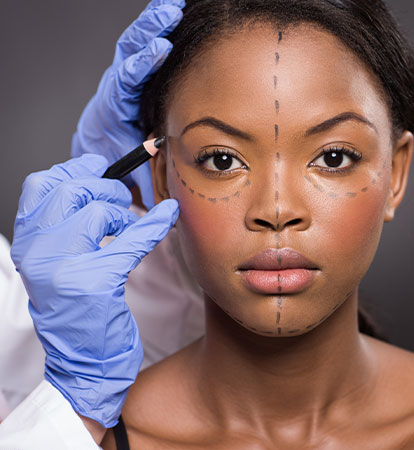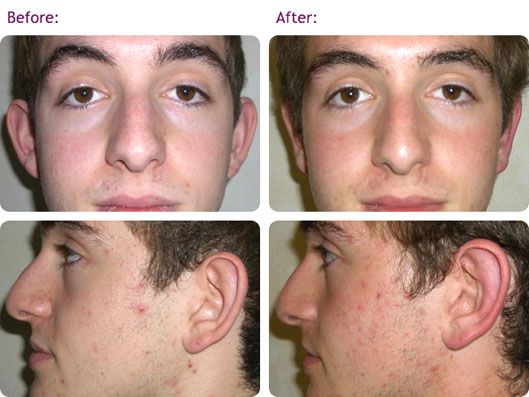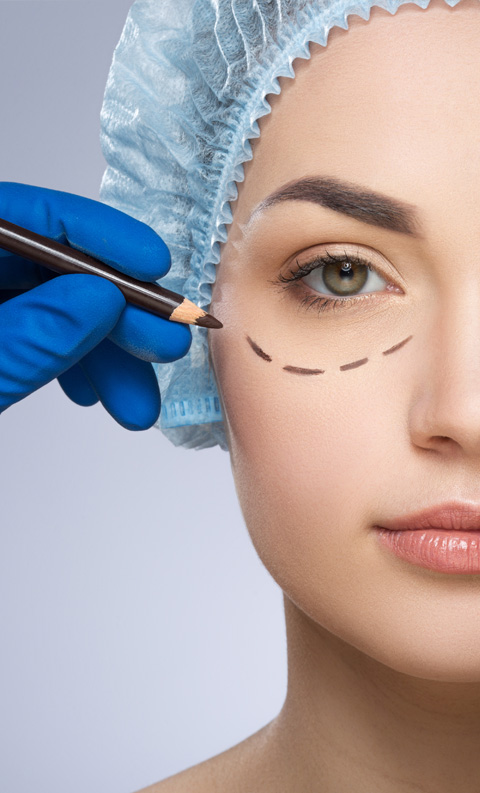
Eye twitches may be caused by many different things but they are mostly harmless. Some people experience eye twitches from a lack in certain nutrients, such as magnesium or B12. These vitamins are found in spinach, avocados and salmon, as well as other foods rich in them. Eye twitching can be prevented by consuming the recommended daily intake of vitamins and minerals. Eye twitches may also occur due to stress or nutritional deficiencies.
Botulinum toxin
Anyone can experience Blepharospasm or involuntary closure of the eyeslids. It affects both the eyes equally and is benign with no known cause. This condition can be effectively treated by botulinum toxin injections. In Australia, this toxin is sold under the brand names Botox and Dysport.
While the toxin is FDA approved and safe, the injection procedure can cause side effects. In most cases, eye irritation and discomfort are common side effects. The toxin can blurred vision, corneal damage and cause blurred vision. The treatment will be temporary and last about three months. Patients should plan on taking eye lubricants during the injection procedure, which may also include a backlit keyboard.

Reducing stress
Eye twitching can be reduced by reducing stress and caffeine intake. Eye twitching might also be a sign that you have essential blepharospasm. Consult a doctor if the twitching gets too severe.
Emotional fatigue and exhaustion can also cause eye twitching. In addition to getting plenty of rest, you should take part in physical activity, such as yoga or brisk walking. You can also benefit from staying hydrated, and taking part in stress-relieving hobbies. Avoid drinking caffeine or soda as these can cause eye twitching. It's also a good idea NOT to drink caffeine or alcohol.
Natural treatments
Eye twitching can be treated naturally by simply putting cold water in your eyes and avoiding electronic devices. Palming is another easy way to reduce eye stress. You can also try applying warm water or eucalyptus oils to your eyelids and twitching your eyelids. These tips and drinking 8-10 glasses of fluid daily can also help with eye twitching.
Eye twitching can also be caused by inflammation of the eyelids. Itchy eyes, crusty lids, burning sensation, and sore eyelids are all possible symptoms. Eye hygiene and eye strain can be avoided to prevent blepharitis. Also, avoid rubbing your eyes excessively. Avoid contact with contact lenses or irritants to minimize the inflammation.

Calling an eye specialist
An eye doctor can be helpful in stopping eye twitching. You should seek medical attention if the twitches are due to an underlying condition. The condition may resolve itself in most cases. However, in some cases, the twitches can be permanently damaging. You should consult an eye doctor in these situations.
Eye twitching can be normal as we age, but if it becomes severe enough, it could indicate something more serious. You should consult a doctor immediately if you have recently sustained a facial injury, or if you are experiencing double vision. While eye twitching can be mild and not necessarily serious, if it continues, it is worth seeing a doctor.